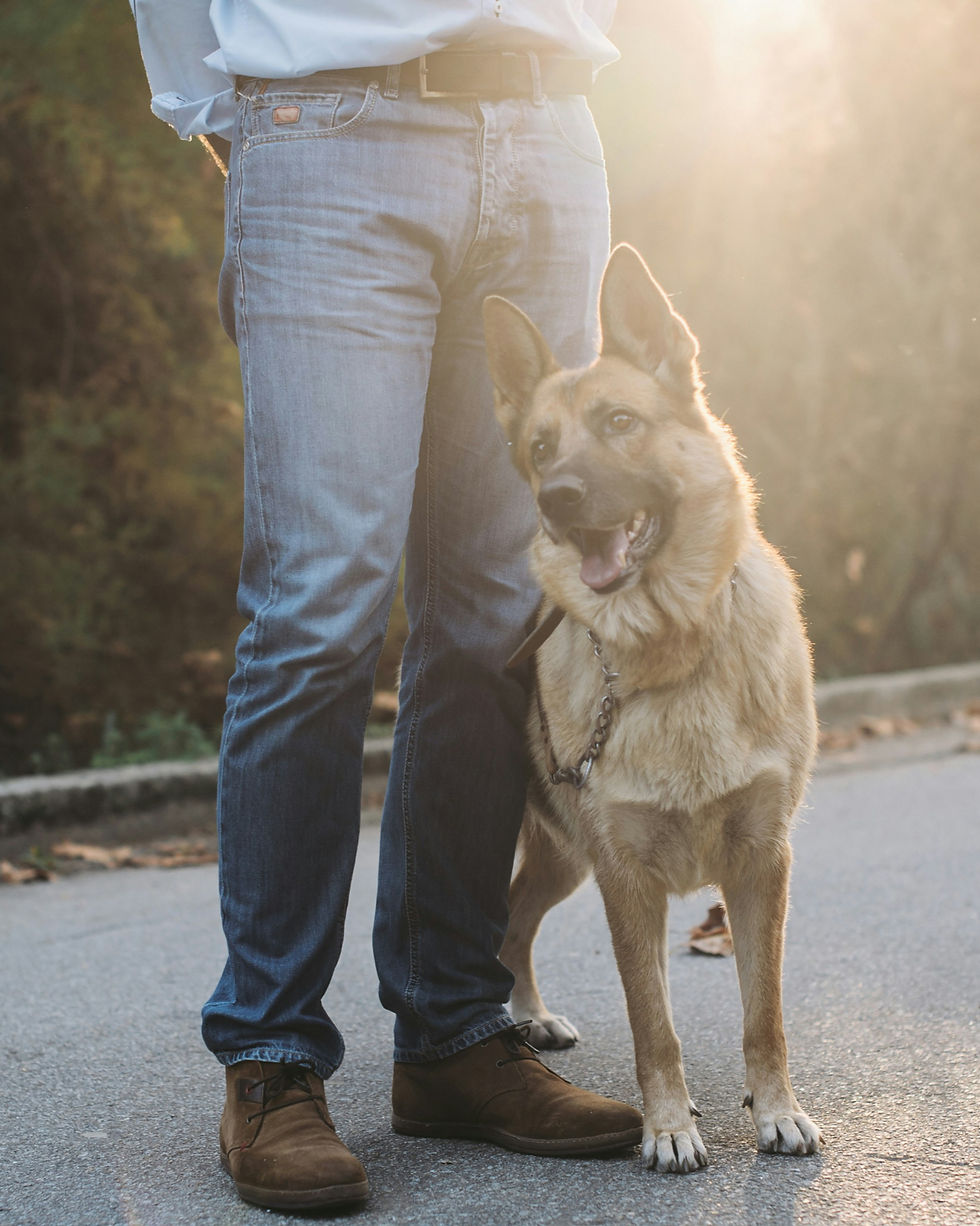
Our pets are beloved members of the family. It’s hard to imagine a situation where they could be seen as anything other than our most loyal companions.
However, even the most well-behaved dogs can find themselves at the center of a legal dispute if they are accused of aggressive behavior. A "dangerous dog" designation is a serious legal label that can have far-reaching consequences for both the dog and its owner. Understanding what this designation entails, how it is determined and what steps can be taken to challenge or prevent it is crucial for responsible pet owners.
What is a "Dangerous Dog" Designation?

Under Massachusetts law, a dog may be deemed "dangerous" if it has exhibited behavior that poses a threat to public safety. This could include incidents such as:
Biting or attacking a person or another animal.
Displaying unprovoked aggressive behavior.
Repeatedly escaping confinement and causing harm or fear in the community.
A "dangerous dog" is not the same as a "nuisance dog." A nuisance dog might bark excessively or cause minor disturbances, but a dangerous dog is one that has demonstrated a potential to cause physical harm to a person or another animal.
How is a Dog Declared Dangerous?
The process of declaring a dog dangerous typically begins with a complaint filed by an individual or by local authorities like animal control. Once a complaint is made, an investigation is launched. This may involve:
Gathering witness statements.
Reviewing medical or veterinary reports.
Assessing the circumstances of the alleged incident.
If the investigation finds sufficient evidence, a hearing may be scheduled to determine whether the dog should be officially designated as dangerous. During this hearing, both the complainant and the dog owner have the opportunity to present their case.
Consequences of a Dangerous Dog Designation

A dangerous dog designation carries significant legal and practical consequences for the owner and the dog. These may include:
Restrictions on the dog’s behavior: The dog may be required to wear a muzzle in public, be kept on a short leash, or be confined to a secure enclosure.
Increased liability: Owners may face fines or be held financially responsible for any future incidents involving their dog.
Insurance implications: Homeowners’ or renters’ insurance policies may be affected, with some insurers refusing coverage or raising premiums.
Euthanasia: In extreme cases, a court may order the dog to be euthanized if it is deemed an ongoing threat to public safety.
Beyond the legal ramifications, the emotional toll on the owner and the stigma attached to the dog can be devastating.
Challenging a Dangerous Dog Designation
If your dog has been labeled as dangerous, you have legal options to challenge the designation. Experienced attorneys like Boston Dog Lawyers can work with you to build a strong case on your behalf to protect your pet.
This may include:
Appealing the decision: Presenting evidence to refute claims of dangerous behavior, such as witness testimony, training records, or expert evaluations.
Demonstrating rehabilitation: Showing that your dog has undergone training or behavioral therapy to address any concerns and argue against the designation.
With the right approach and skilled legal representation, it is possible to protect your pet and your rights as an owner.
Preventing a Dangerous Dog Designation

The best way to avoid a dangerous dog designation is through responsible ownership and proactive measures. Here are some tips to help prevent incidents that could result in your dog being labeled dangerous:
Socialize your dog: Expose your dog to a variety of people, animals and environments from a young age to reduce fear-based aggression.
Train your dog: Basic obedience training and behavioral conditioning can go a long way in preventing aggressive incidents.
Follow local laws: Always keep your dog on a leash in public and ensure your property is securely fenced.
Address issues early: If your dog shows signs of aggression, seek help from a professional trainer or behaviorist immediately.
A "dangerous dog" designation is a serious matter that can have lasting consequences for dogs and their owners. Understanding the legal process, the potential outcomes and the steps you can take to challenge or prevent this designation is essential for protecting your pet and your rights. If you find yourself facing this situation, don’t hesitate to seek legal advice to navigate the complexities.
Responsible dog ownership starts with education and awareness. By staying informed and proactive, you can ensure that your best friend remains a happy and valued member of your family—and your community.
Comentários